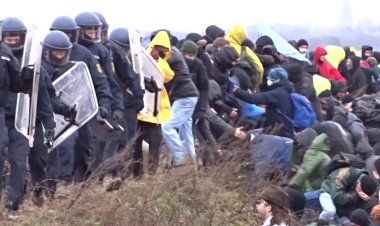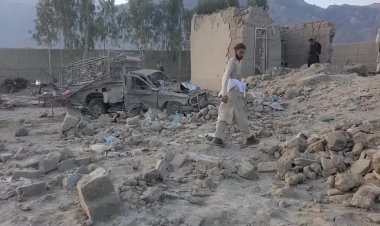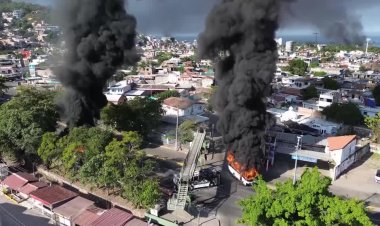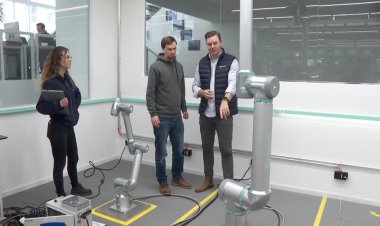Australia's coal country looks to a less sooty future
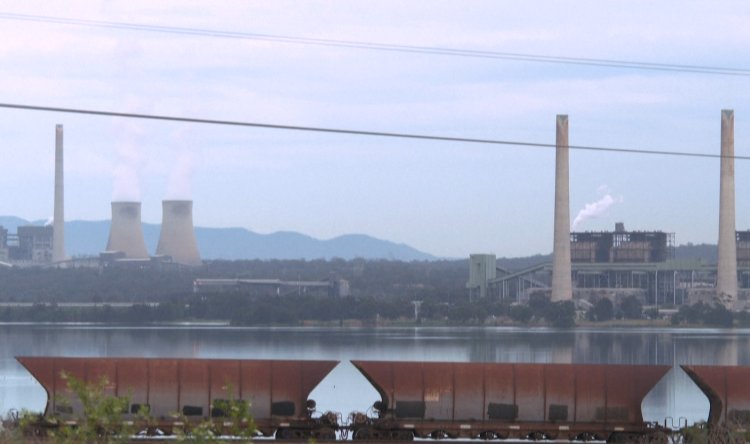
Australia's conservative leaders have defied calls for urgent climate action, boasting they will sell coal for as long as anyone is buying. But in the country's carbon heartland, locals are already preparing for life beyond fossil fuels.
Two-hundred-and-thirty years ago, among the verdant outcrops that flank the southeastern coastal town of Newcastle, a band of escaped convicts made the first recorded discovery of coal on the Australian continent.
It would begin Australia's long love affair with the sooty fuel that now nets the country tens of billions of dollars a year and has made Newcastle the world's largest coal-exporting port.
Nathan Clements was born and raised in the nearby town of Singleton, which he described as "very much the heartland of coal mining here".
"I don't want to say coal is everything, but it's a lot," he said.
"My older brother worked in a coal mine, my dad worked in a mine and still does to this day. When it was my turn, it was the norm to walk into that industry," said the 26-year-old, who for the last seven years has worked as an electrical fitter fixing mine equipment.
Around Singleton and the broader Hunter region, evidence of the vast scale of the coal industry is obvious.
Coal trains rumble through the countryside, each engine dragging a writhing column of rusty wagons from far into the distance.
From the air, open cast mines pock the bush with jet-black scars. Off the coast, an armada of vessels waits, ready to load up and return to China, India, Japan or South Korea with mountains of millennia-old rock.
And Australia's government would like to keep it that way.





